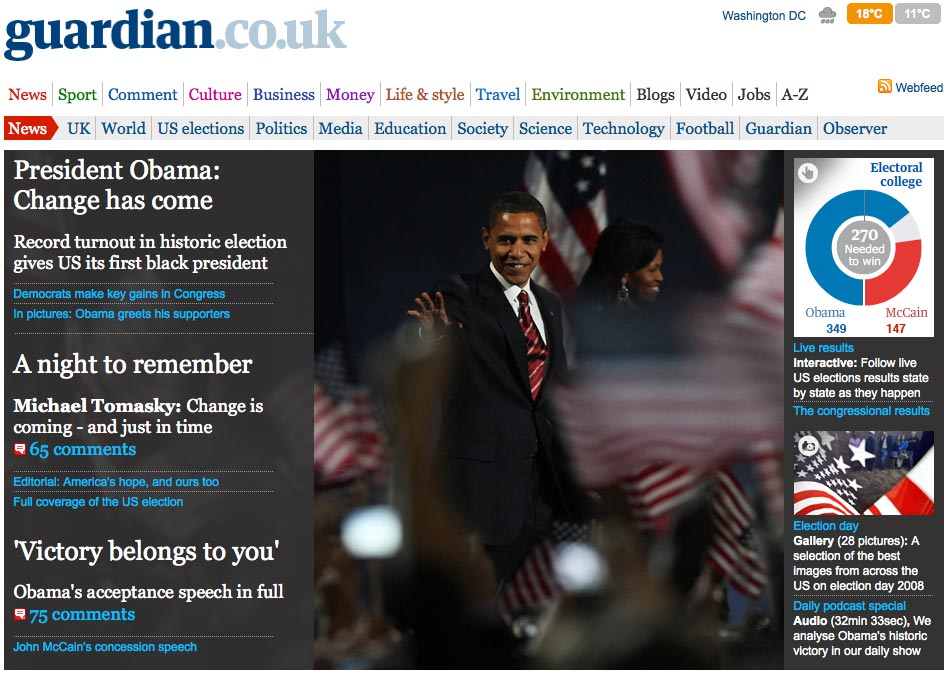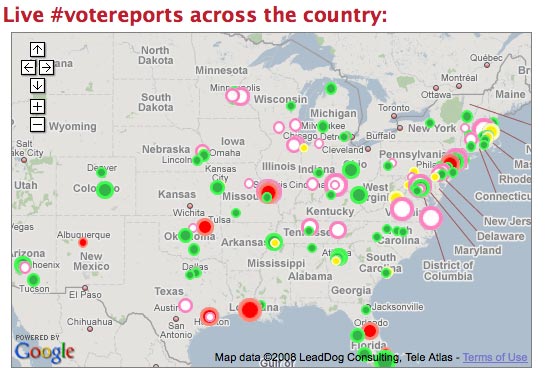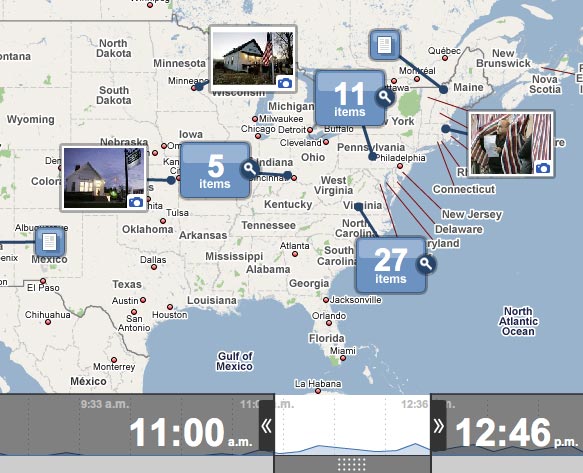Yesterday we watched the (ex?) Birmingham Mail’s ‘Adam Smith aka Steve Zacharanda’ rather funny (if ill-advised) video zipping all over the place, and waited to what happened…
It seems (via Adam Tinworth’s blog) that Smith/Zacharanda is handling the whole thing pretty well (he was already leaving his Trinity Mirror permanent job anyway…) Meanwhile Media Monkey plays the cynical card… Anyway, judging from the comments below the videos, and on the blogs, he’s got a lot of support behind him (give him a knighthood, someone writes).
So for the record, Smith says he didn’t cut and paste from the BBC, he is sorry if he damaged the reputation of the company, and the Birmingham Mail is a ‘fantastic organisation, staffed by people who really care’.


